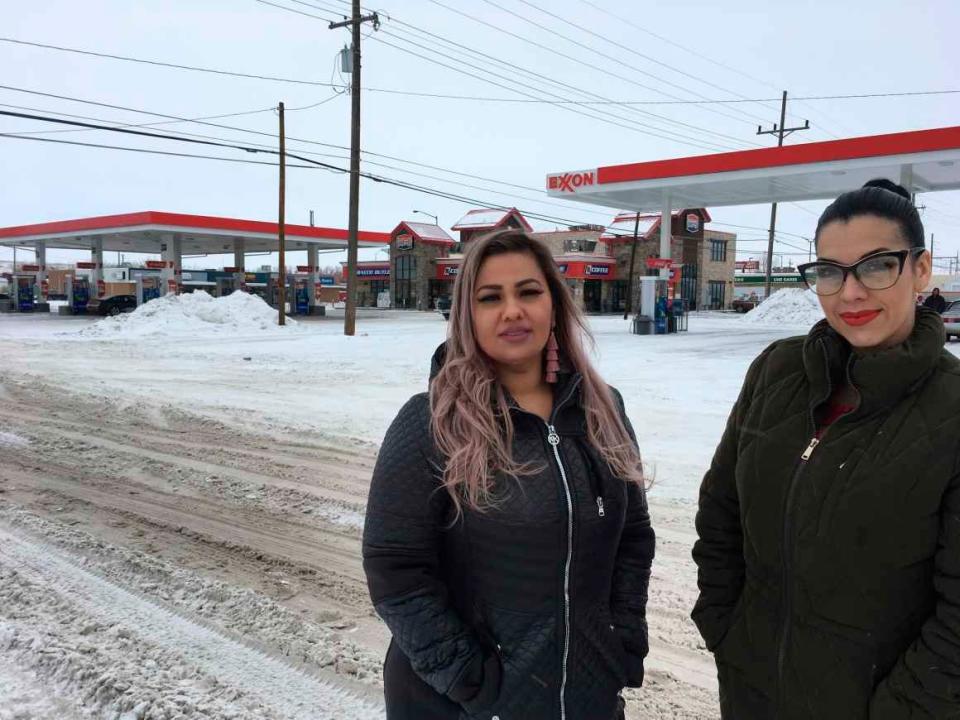2 US citizens detained for speaking Spanish in Montana store settle border patrol lawsuit

Two U.S. citizens have settled a lawsuit with Customs and Border Protection after they were detained by a Border Patrol agent who heard them speaking Spanish at a convenience store in Havre, Montana, and demanded that they show identification.
The monetary settlement was announced on Tuesday by the American Civil Liberties Union, which filed the lawsuit on behalf of Ana Suda and Martha "Mimi" Hernandez, alleging their constitutional rights were violated.
The amount of the settlement was not disclosed at the request of the two women, said Cody Wofsy, a staff attorney with the ACLU Immigrants' Rights Project in San Francisco.
The case shows that the attitudes of some agents in the Border Patrol are "completely out of step" with the growing number of Spanish speakers in all parts of the United States, Wofsy said.
"To have this idea that because our clients were speaking Spanish, that told the agent anything at all about who they were, where they were from, what their immigration status was, just speaks to a complete misunderstanding of the diversity and demographics of our country," Wofsy said.
A CBP spokesman said in a written statement that the settlement should not be construed as an "admission of liability or fault on the part of the United States.”
CBP has a nondiscrimination policy that prohibits the consideration of race or ethnicity in law enforcement, investigation and screening activities "in all but the most exceptional circumstances," the statement said.
Video: Warning signs for children in CBP custody
CBP officers and agents are trained to enforce U.S. laws uniformly and fairly and they do not discriminate based on religion, race, ethnicity, sexual orientation, religion, sex, national origin, disability or union membership or union activities, the statement said.
“CBP stresses honor and integrity in every aspect of our mission, and the overwhelming majority of CBP employees and officers perform their duties with honor and distinction, working tirelessly every day to keep our country safe," the statement said.
Texts from agent's phone contained racist and derogatory language
Suda and Hernandez were standing in line waiting to pay for groceries in May 2019 when Paul O'Neill, a Border Patrol agent, approached them, commented on Hernandez's accent and asked where they were born. The women told O'Neill they were born in Texas and California, respectively.
The agent then ordered them to show identification, and they handed him their valid Montana driver's licenses.
"Ma'am, the reason I asked you for your IDs is because I came in here I saw that you guys were speaking Spanish which is very unheard of up here," the agent told the women outside the store after one of them took out her cellphone and began recording the incident, according to the lawsuit.
Suda and Hernandez were both born in the United States, Suda in El Paso and Hernandez in El Centro, California.

 Yahoo Autos
Yahoo Autos 